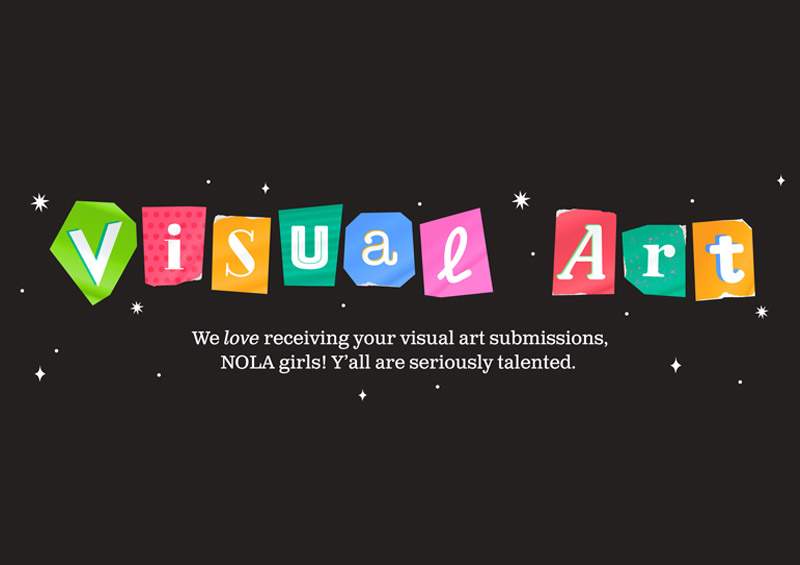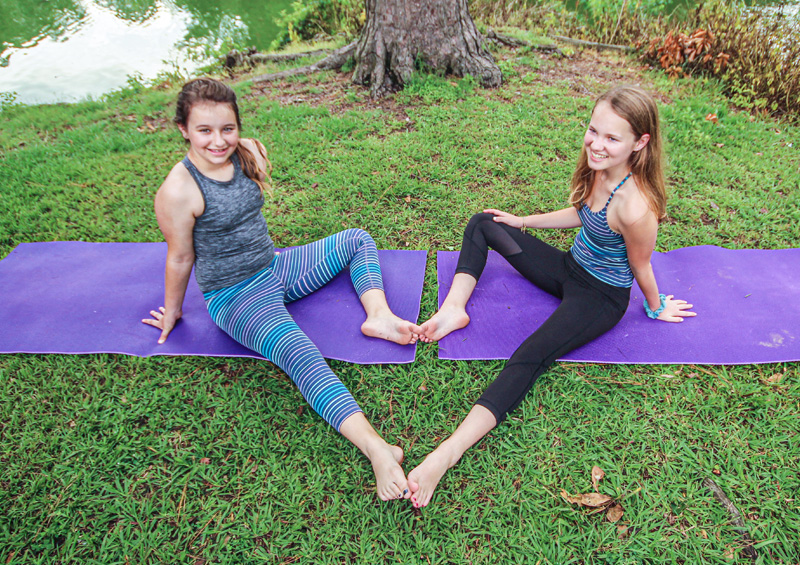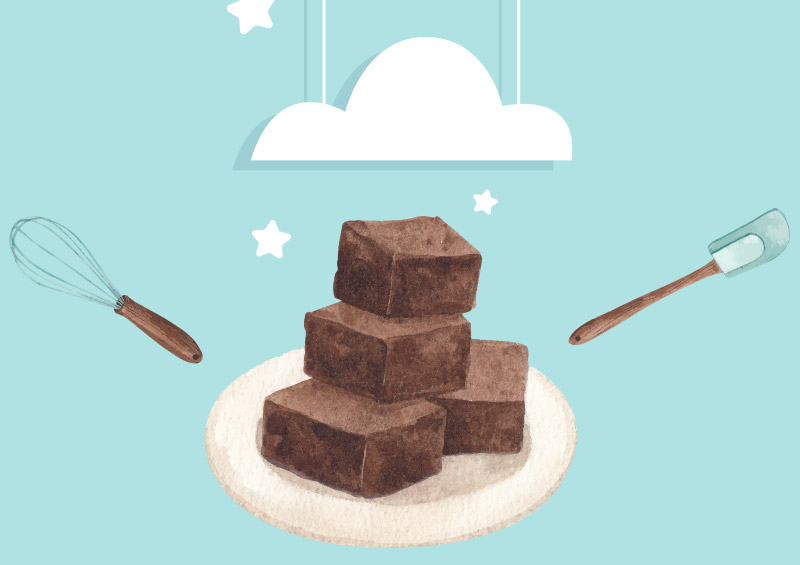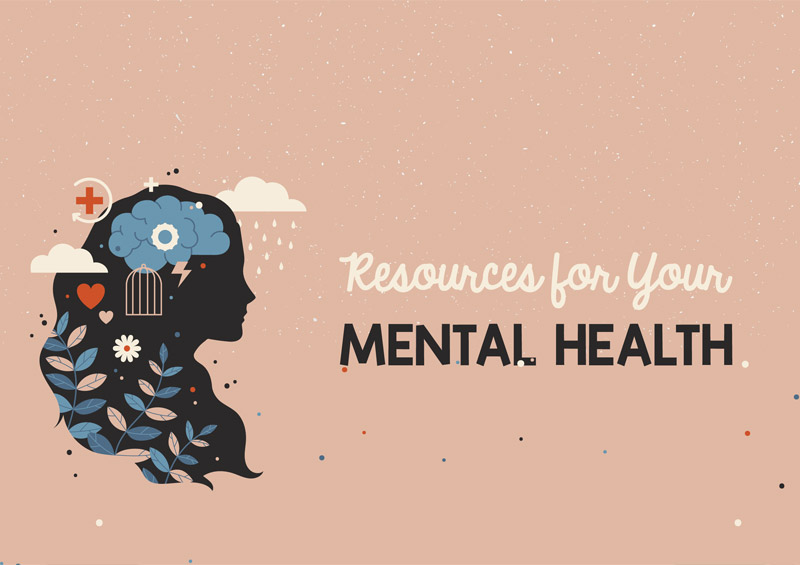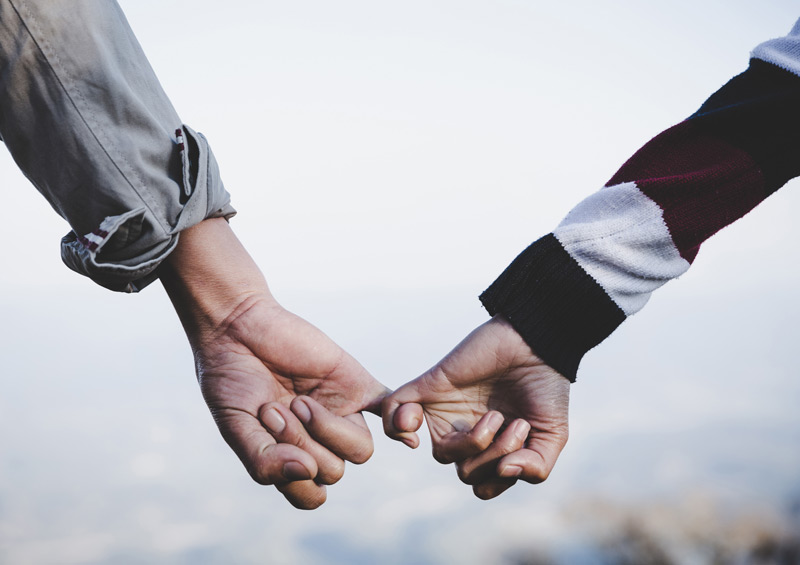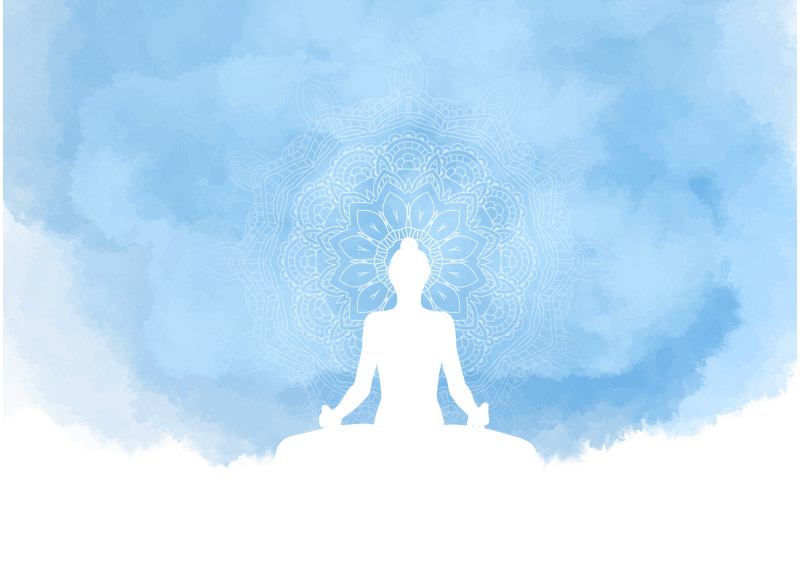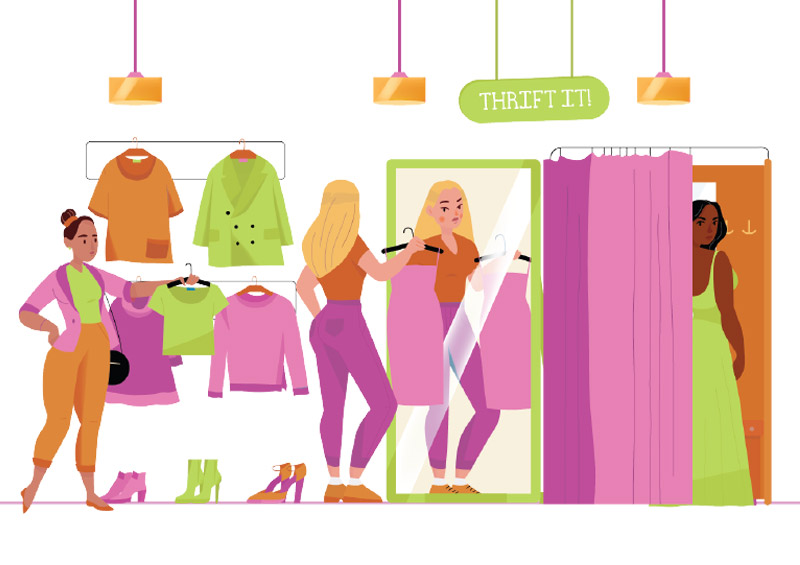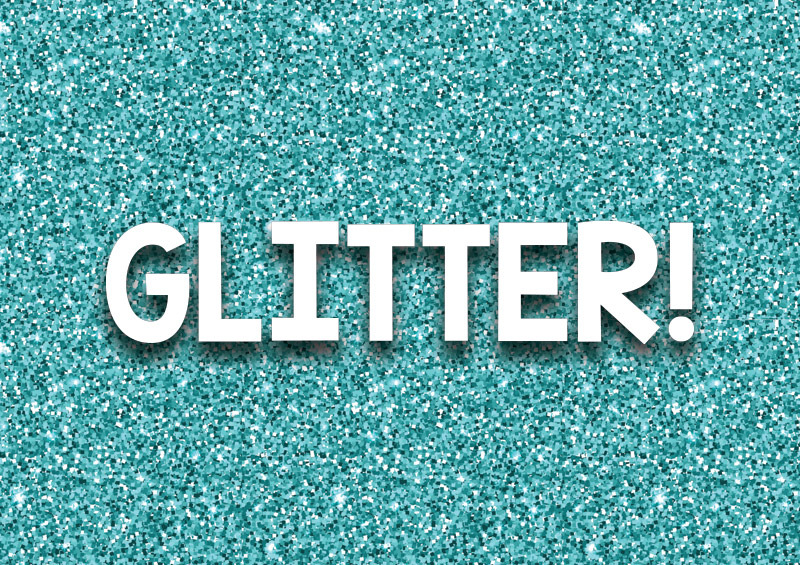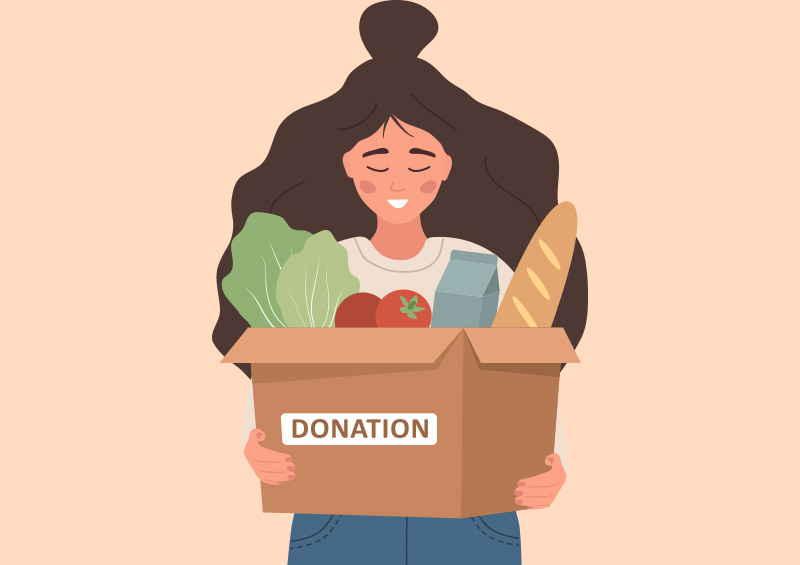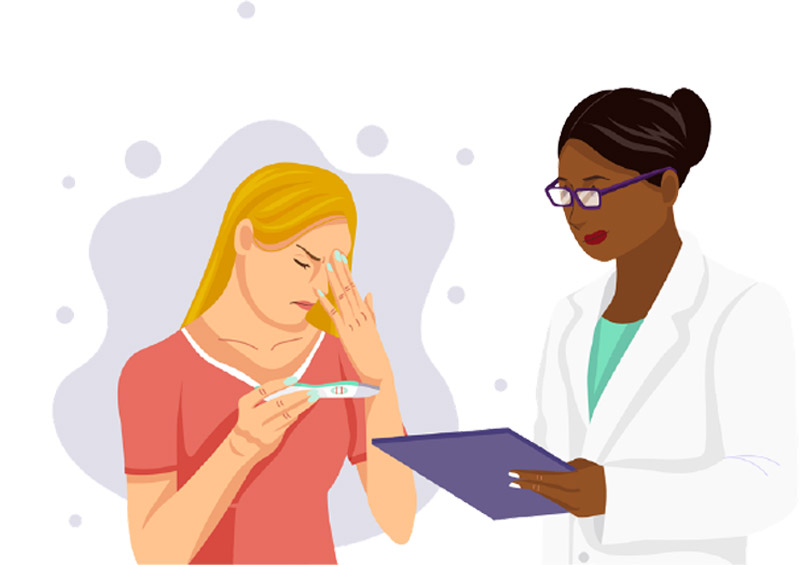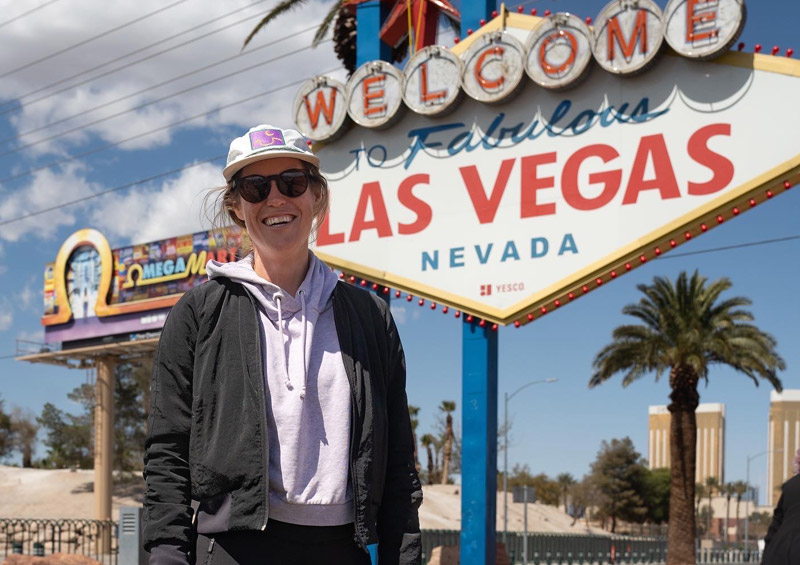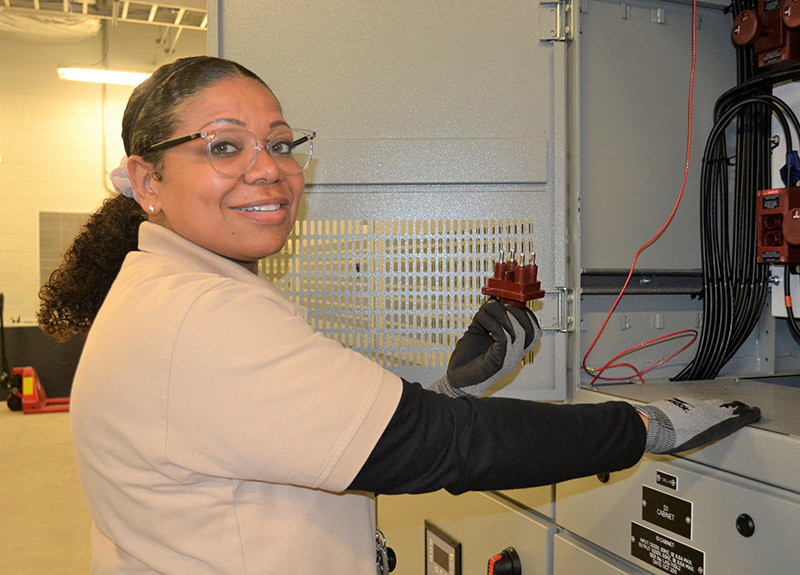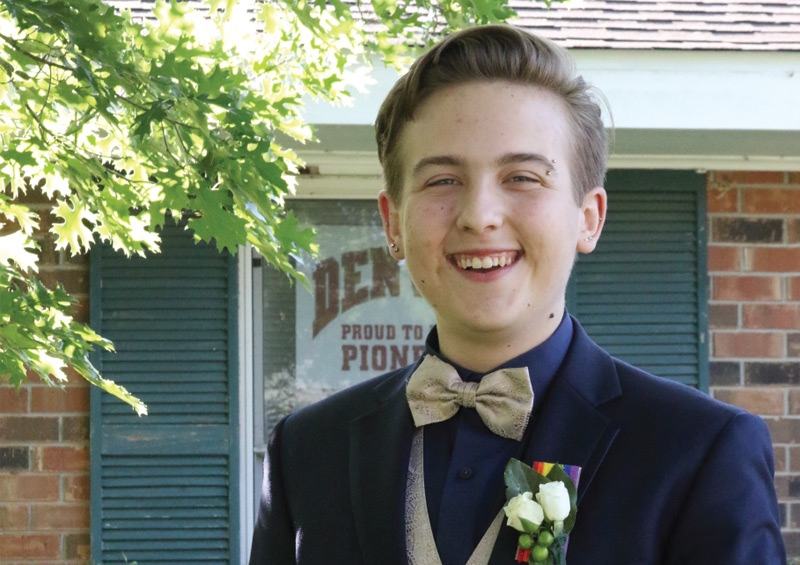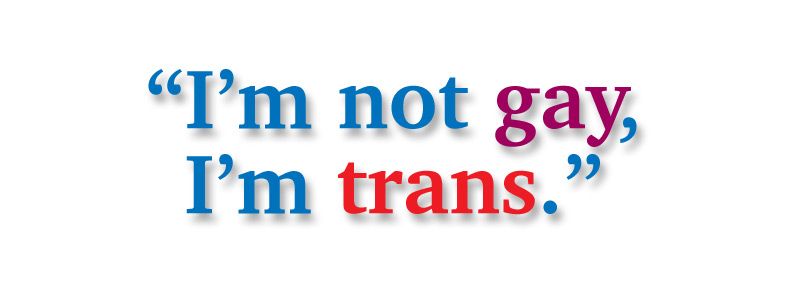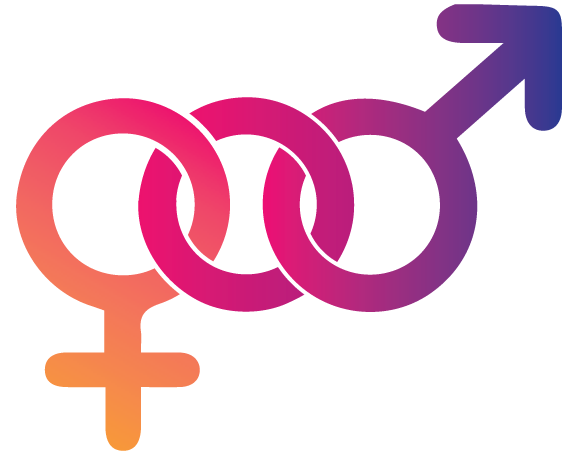Resources
Want to talk to someone or know somebody who needs support? Here are some hotlines and local organizations that help LGBTQ youth and their allies.
THE TREVOR LIFELINE: 1-866-488-7386
LGBT NATIONAL YOUTH TALKLINE: 1-800-246-7743
NATIONAL SUICIDE PREVENTION HOTLINE: 1-800-784-2433
Louisiana Trans Advocates (LTA) strengthens and supports transgender and allied communities across the state through social support, education, empowerment, and advocacy. LTA operates support group meetings that are open to all persons regardless of age or stage of transition.
Best way to contact LTA is via Facebook, @latransadvocates
BreakOUT! seeks to end the criminalization of LGBTQ youth to build a safer and more just New Orleans. BreakOUT! has a youth drop-in space and office where they hold weekly meetings and events. The space is typically open Monday-Tuesday 10am-6pm, Wednesday 1-6pm, and Thursday-Friday 10am-6pm.
BreakOUT! is located at 4327 Canal Street; you can also call them, (504) 252-9025, or �find them on Facebook, @YouthBreakOUT
PFLAG is the nation’s largest family and ally organization, uniting LGBTQ people with families, friends, and allies. PFLAG New Orleans is located in Metairie and they offer monthly meetings that are open to everyone on the second Thursday of each month at 7:30pm at the Congregation Gates of Prayer, 4000 W. Esplanade Avenue.
You can call PFLAG New Orleans, (504) 862-5912, or send them an email, info@pflagno.org
